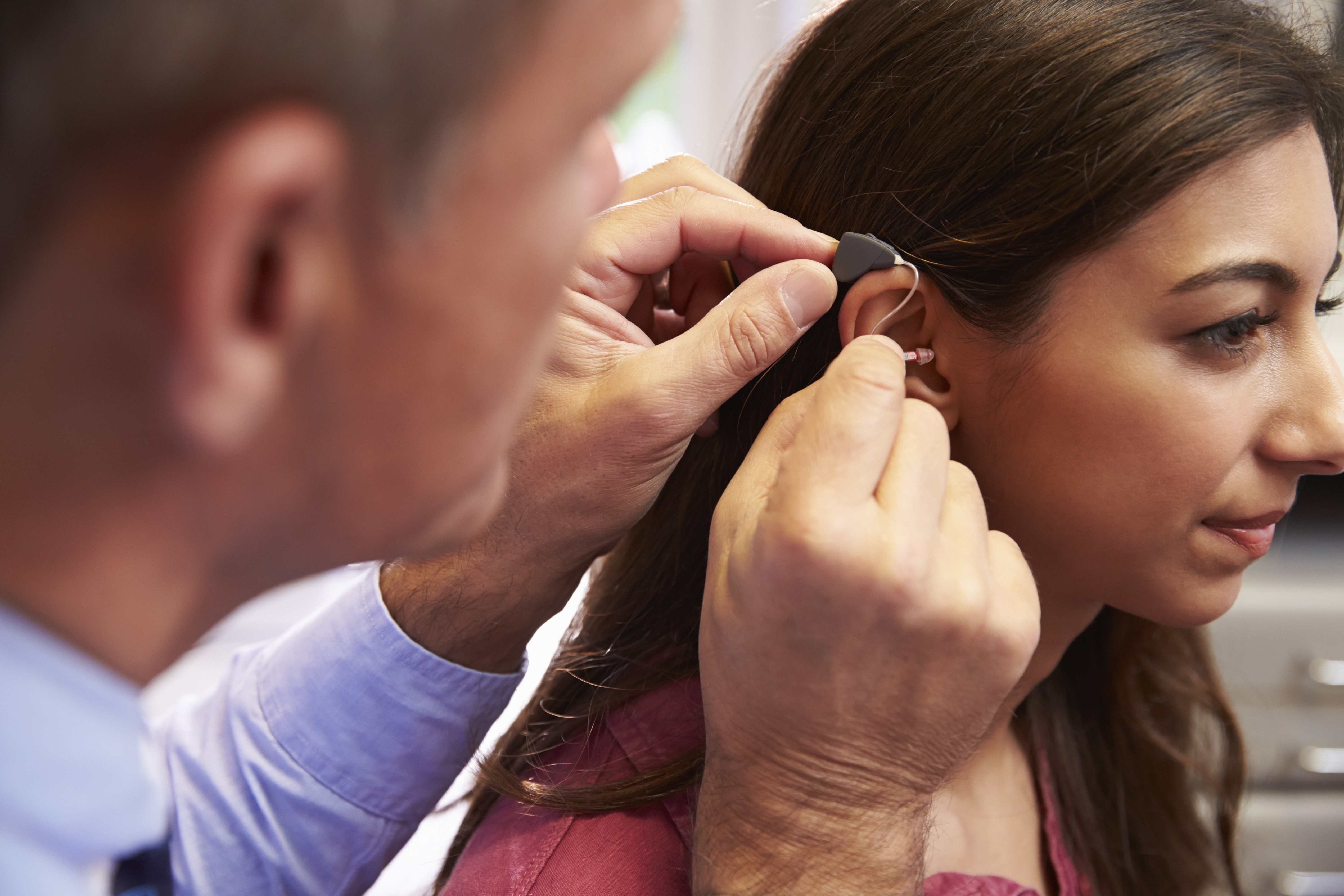
Congratulations—you’re prepared to join the millions of Americans who have found out how wearing hearing aids can make life more exciting and fulfilling. In the near future, you’ll be listening to sounds you’ve long forgotten, engaging in stimulating conversations, and listening to music with enhanced discernment for each instrument.
But before you can get to all that, you’ll have to undertake a brief phase of adjustment to get comfortable with your new hearing aids. Here are five suggestions to help you make it through this stage and to help you get the most out of your new technology.
1. Visit a Hearing Care Professional
If you want the best hearing attainable, there’s no way around the first step, which is visiting a hearing care professional. They can assist you in finding the most suitable hearing aid that corresponds with your hearing loss, lifestyle, and budget. And, most importantly, they can custom-fit and program your new hearing aid so that it’s fine tuned for your unique hearing loss.
Your hearing loss, like a fingerprint, is unique. As a result, every hearing aid should be programmed differently—and this calls for the expertise of a hearing care professional.
2. Be Patient with Your Hearing Aids
Your new hearing aids will take time to get used to. You’ll detect sounds you haven’t heard in many years, your voice may sound different, and sound may overall just seem “off.” This is perfectly normal: you just need time to adapt.
Get started by making a commitment to wear your hearing aids for as much of the day as possible, for at minimum a couple of weeks. Put them in when you wake up and take them out before going to bed. Even though it may be uncomfortable at first, you’ll adjust to better hearing in no time—and it will be well worth the effort and hard work.
If you find that you’re having difficulty adjusting, set up an appointment with your hearing care professional. Hearing aids can be fine-tuned, so you never have to give up on better hearing.
3. Start Small at Home
We suggest adapting to your hearing aids at first in the comfort of your home. Try watching a movie or television show and paying special attention to the discourse; engage in one-on-one conversations in a quiet space; and listen to music while trying to identify a variety of instruments and pitches.
Next, when you’re more accustomed, you can test your hearing aids out in more difficult conditions like at social gatherings, restaurants, and movie theaters. Modern hearing aids have sophisticated features and environmental settings that can easily handle these increased listening demands—which segues perfectly to the fourth tip.
4. Master the Advanced Features
After you’ve adjusted to your hearing aids, you should set out to learn a few of the more sophisticated features. With the assistance of your hearing specialist, you can discover how to make best use of the functionality and convenience of your modern hearing aids.
Depending on your chosen model, you’ll be able to do things like wirelessly stream music and phone calls straight to your hearing aids, manipulate the volume from your mobile device or digital watch, and easily change settings to maximize your hearing in different environments. Make sure to consult to your hearing specialist about all the features that may be helpful to you.
5. Care For Your Hearing Aids
Finally, you’ll want to ensure that you maintain your hearing aids. This means daily cleaning, appropriate storage, and managing your battery supply. Your hearing specialist will show you how to integrate hearing aid maintenance and care into your daily routine so that it becomes automatic and easy.
You’ll also want to get your hearing aids professionally cleaned and examined once or twice a year to ensure proper functioning for many years.
We’d love to hear from you: if you currently wear hearing aids, tell us about your experiences! Let us know how you adjusted to your hearing aids and any recommendations you’d give to those just getting started.
